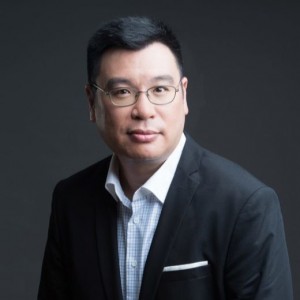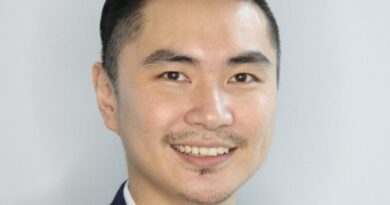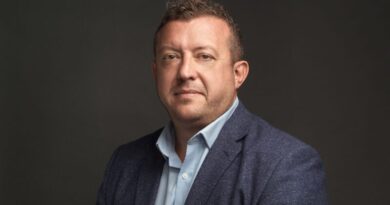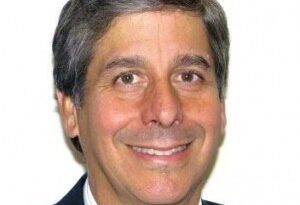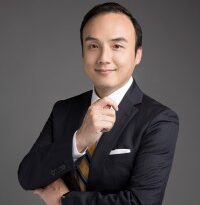Tripod BoLe’s Daniel Jim on the future of Asian HF
Hedge Funds Club boss Stefan Nilsson checks in with Daniel Jim in Hong Kong to discuss Asian hedge funds. Daniel is the Founder and Chief Investment Advisor of the Tripod BoLe, an emerging manager platform that aims to empower and showcase up and coming investment talents from Asia to the family office and dedicated Asian investing communities in the EU and the world, in partnership with the Pharus Group in Europe and OPIM in Hong Kong. Daniel was previously Investment Director at Assured Asset Management and for many years he was the Founder and CIO of Tripod Management. At Tripod Daniel allocated to more than 100 managers over 18 years on behalf of 30+ family offices and institutional investors.
Why do you think that Asian hedge funds still have such a small share of global allocations to hedge funds?
Asian hedge funds still mostly being seen as beta and not alpha generators. It then becomes a vicious circle with the already small AUMs to start with.
Can home-grown Asian hedge funds properly present who they are and their capabilities to investors from outside the region?
With more exposure, they eventually can. Having frequent direct dialogues with global investors will help them understand more what the investors want and fine-tune their pitch as a result. The general lack of opportunities to gain these exposures at the moment is creating yet another vicious circle, unfortunately.
How has the global pandemic impacted Asian hedge funds’ capabilities to communicate and interact with existing and potential investors?
Bigger impact on those that are new to the game and have to build their network from scratch. Have seen allocators adding and even writing new tickets with all due diligence work being done online provided that the relationships were there from before. Another point is how “camera-ready” are the managers. On that note, I see it more as a personal issue rather than anything Asia-specific.
What can the Asian hedge fund industry, service providers, governments and regulators do to help the local industry grow?
I believe some kind of regionally-focused industry network could be built, less of a compliance and lobbying nature but more really as a “trade development” one. There is a lot of work to be done even simply to debunk misconceptions and biases and we need all stakeholders to work together as one.

